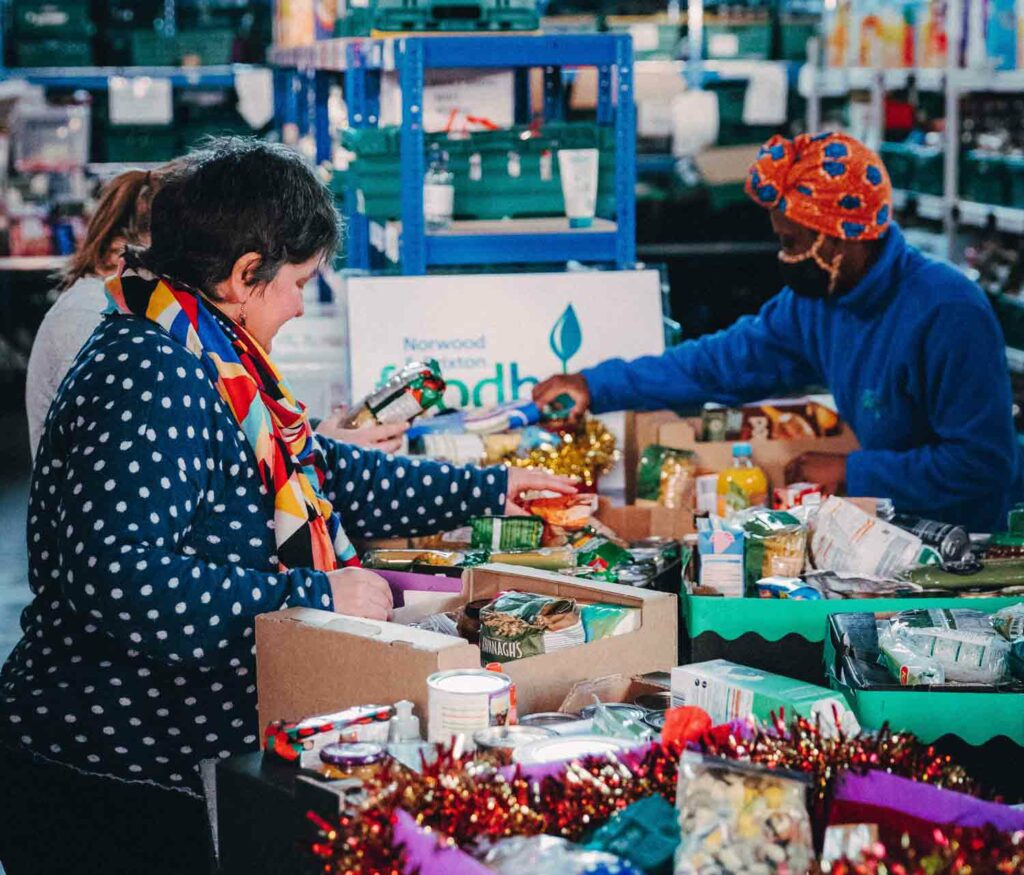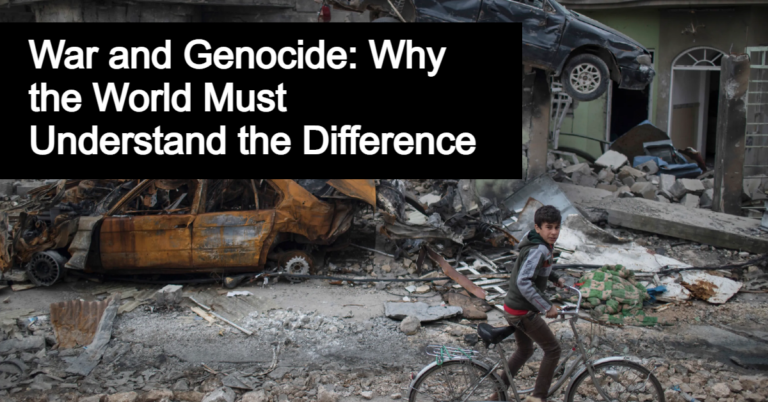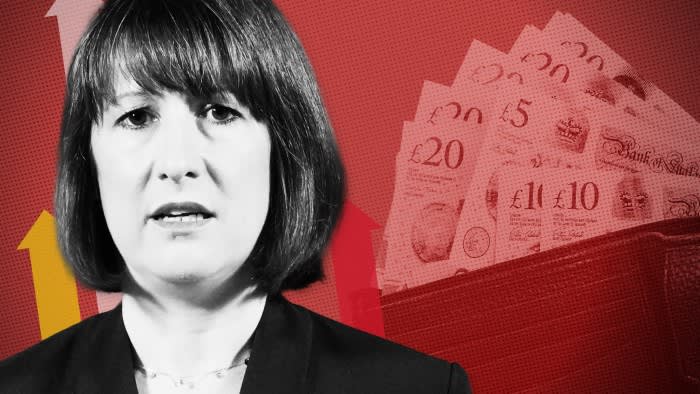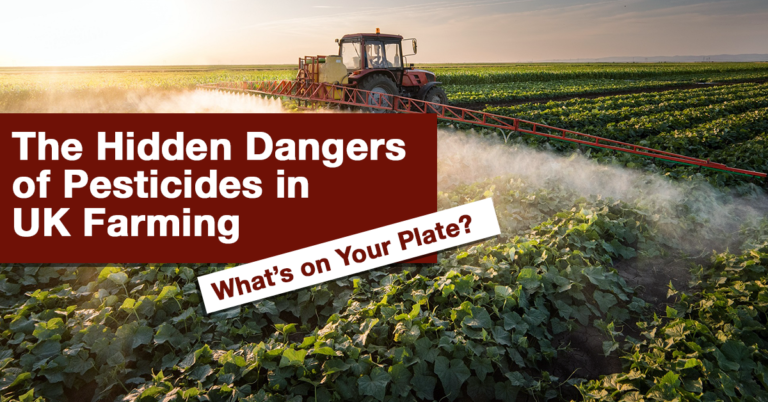
As the festive season approaches, thousands of families in the UK are bracing for a bleak Christmas, where food parcels from charities may be their only source of a holiday meal. With inflation continuing to squeeze household budgets, wages stagnating, and benefits failing to keep pace with the rising cost of living, more people are turning to food banks than ever before. This crisis highlights the increasing reliance on charitable organisations, driven by government austerity and an economy that no longer works for many working-class families.
The Growing Dependency on Food Banks
The use of food banks has soared in recent years, with organisations such as the Trussell Trust, one of the UK’s largest food bank networks, reporting record levels of demand. In their latest report, the Trussell Trust revealed that between April and September 2023, they provided more than 3 million emergency food parcels, a significant increase from previous years. A large number of these parcels were given to families with children a stark indication that millions of people, even those in employment, are struggling to afford basic necessities, including food.
The reasons behind this are multifaceted. Skyrocketing energy prices, high food costs, and unaffordable housing mean that many low-income households have been left with little to nothing after paying their bills. A survey from The Guardian found that almost 1 in 10 households in the UK had used a food bank in the past year, an alarming statistic for a country that prides itself on being one of the world’s wealthiest economies .
Lingering Impact
Many critics argue that this growing reliance on charity food parcels is a direct result of a decade of austerity policies imposed by successive Conservative governments. These policies have systematically eroded the social safety net, cutting benefits, freezing wages in the public sector, and reducing support for families in need. Universal Credit, introduced in 2013, has been a particular source of hardship, with delays, sanctions, and cuts pushing many into destitution.
Research from the Joseph Rowntree Foundation shows that nearly one in five people in the UK are now living in poverty, with children and families hardest hit . This poverty isonfined to those out of work; two-thirds of children living in poverty come from working families . The “working poor” are nant feature of the UK’s economy, where holding down a job is no longer a guarantee of escaping poverty.
Inflation and Cost of Living Crisis
The cost-of-living crisis, exacerbated by Brexit and the COVID-19 pandemic, has placed further strain on households. Inflation, which reached over 10% at its peak in 2023, has caused prices of essential goods to soar, with food inflation often outpacing wages . Families that were already struggace even greater pressure as their paychecks are stretched to cover rising costs. Many now find themselves having to make impossible choices between heating their homes and feeding their children.
Despite government claims of economic recovery, millions of people continue to feel left behind. Policies such as the one-off cost-of-living payments and energy price caps have done little to alleviate the burden faced by families who are living hand-to-mouth.
Charities Stepping In
Amidst this landscape of rising hardship, charities have stepped in where the state has failed. Organisations like the Trussell Trust, The Felix Project, and local food banks have become lifelines for struggling families, providing not only food parcels but also essentials like toiletries and warm clothing.
However, charity leaders have warned that the increasing demand for food parcels is unsustainable. Many food banks are themselves feeling the pinch, struggling to cope with rising costs and supply shortages. The CEO of the Trussell Trust has described the current situation as “a national emergency,” calling for long-term solutions from the government rather than short-term fixes from the charity sector .
A Call for Change
The rise in food is not just a humanitarian issue but a political one. It is a symptom of deeper structural problems within the UK’s economy and welfare system. Critics argue that the government must take immediate action to address the root causes of poverty. This could include increasing wages, raising benefits to match inflation, and investing in affordable housing.
For too long, food banks have been seen as a stopgap solution to poverty in the UK. But as the number of people relying on them continues to grow, it is clear that more systemic changes are needed. No family in one of the world’s richest nations should have to rely on charity for their Christmas dinner. Yet, without meaningful intervention, this is the harsh reality facing many families this festive season.
As Christmas approaches, the deepening reliance on food parcels paints a grim picture of inequality in the UK. While charities work tirelessly to provide for those in need, they cannot be expected to replace the role of the state in ensuring all citizens have access to basic needs. It is time for policymakers to step up and ensure that no family goes hungry this Christmas or any time of year.
Citations
[5] Trussell Trust: Record number of emergency food parcels provided.
[6] The Guardian: Survey reveals scale of food bank use.
[7] Joseph Rowntree Foundation: UK poverty report 2023.
[8] Child Poverty Action Group: Report on working families in poverty.
[9] Office for National Statistics: Inflation and cost-of-living figures 2023.
[10] Trussell Trust CEO calls food bank situation a “national emergency.”
















